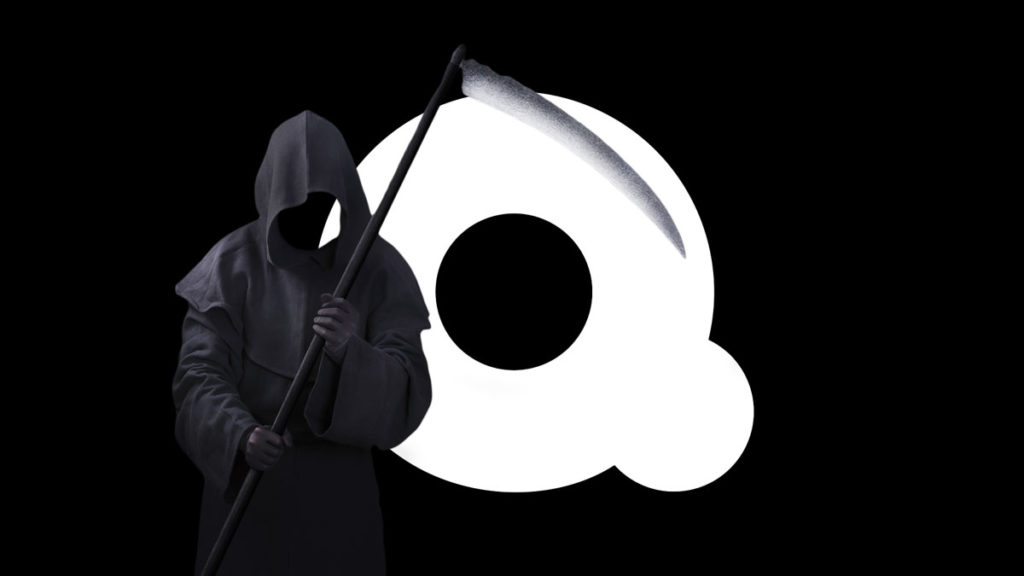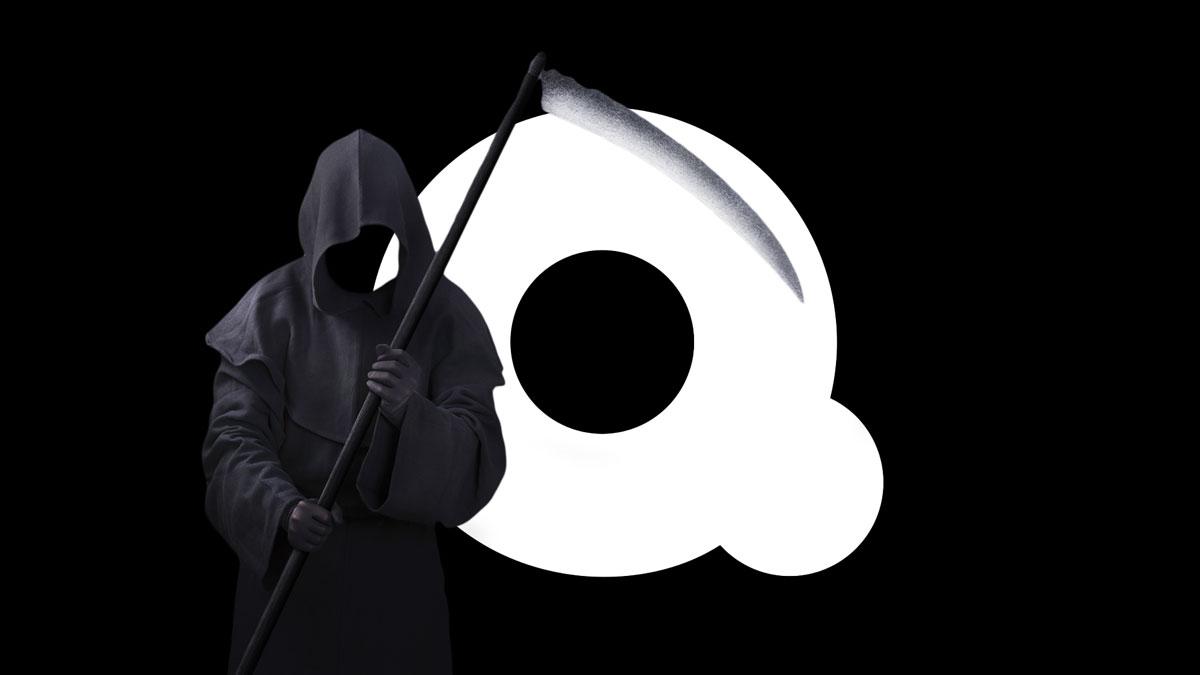
The unconventional streaming service is done – a flameout less than seven months after launching
On October 21st, The Wall Street Journal caught a whiff that a certain young video streaming service was about to bite the dust. Rumors turned out to be true, as the hardly six-month-old Quibi shut down that same day.
Quibi was an unconventional streaming service from its very beginning, a risky idea from Hollywood veterans Jeffrey Katzenberg and Meg Whitman. Conceptualized in August 2018, their idea was to create a streaming platform dedicated to short-term content on mobile screens. The founders figured that people might appreciate “quick bites” of entertainment on the go— hence the service’s name.
Read More: Quibi Gone after Shortest Stint in Streaming History: WSJ Reports
Although the idea was irregular, Katzenberg and Whitman were still able to work their magic and build up hype for the product. In the months leading up to its April 2020 launch, Quibi ads were everywhere, many of them featuring notable celebrities. The moguls behind the project also raised over $1.75 billion from high-profile investors and garnered an additional $150 million in ad revenue from the likes of Pepsi and Walmart. In the final hours before its release, Quibi was starting to look like a forthcoming underdog success story.
But when the launch happened, audiences quickly realized some issues with Quibi. It lacked particularly alluring content; the small-screen “Turnstyle” optimization was unusual; many questioned, “Why pay money for such a service when there are so many free mobile streaming destinations like YouTube or TikTok?”
Evidently, Quibi was off to a rough start, but the road only got rockier. In May, a lawsuit emerged as the video company Eko sued Quibi for infringing on a patent for the “Trurnstyle” technology.
Now with heavy criticism and a legal battle on their hands, Quibi’s viewership also started to dwindle. The number of subscribers was actually disappointing from the very beginning, but the figures really started declining around Quibi’s three-month birthday, when the service’s lengthy free trial was running out.
Why did it fail? And what does it means for streaming to come?
According to The Verge, one report estimated that Quibi lost ninety percent of its subscribers in July, just when they were all supposed to start paying the monthly fee: $4.99 with ads, $7.99 without ads.
All of these factors could have played into Quibi’s premature demise this week. However, the formal announcement, penned in a letter from Katzenberg and Whitman, blamed the coronavirus. While COVID-19 has helped other streaming services like Netflix and Disney+ boom, forcing audiences to seek home entertainment as theaters closed, it has done the opposite for Quibi.
Essentially, part of Quibi’s appeal was to attract a mobile audience— people who were riding trains or sitting in waiting rooms. Now that most people are working from home and avoiding public spaces, a short piece of visual narrative watched from a smartphone does not seem as appealing, even if the service did just launch its first TV app a few days ago.
Read More: Read More: Quibi Shifts Gears Following Rough Start: Katzenberg Blames Underperformance On Coronavirus
The other part of Katzenberg and Whitman’s letter stressed how Quibi could not carry on as a stand-alone company. Allegedly, the partners tried getting Apple, WarnerMedia, Facebook, and NBCUniversal to acquire Quibi, but no one was buying. Thus, they had no choice but to close up shop.
Quibi stood as a big Hollywood experiment from the get go. Although both of its founders were well experienced in the entertainment industry, a small-screen subscription based streaming service would be considered a bold endeavor for anyone to sell.
We can blame Quibi’s failures on timing, pandemics, competition, or simple over-ambition, but in the end, the only hard truth is that the platform lasted a very short time. Perhaps the shortest time ever for a recognizable streaming service.
Sometimes, Hollywood rewards audacity, like when a young director breaks the rules or a studio chooses to invest in a chancy intellectual property. However, for every Jordan Peele’s “Get Out” or Disney’s acquisition of Marvel, there are a million projects that didn’t make it. Sadly, Quibi is one of them.
In the streaming war, an ongoing battle where Disney+ and Netflix seem to be winning while HBOMax, AppleTV+, and NBCUniversal’s Peacock hold their ground, Quibi will go down as the young, daring private, sent out by senior officers to storm the trenches, only to take one in the gut early on.
We will never know what it could have been, and there may be others like it to come. For now, though, Quibi may be a cautionary tale for entertainment executives, one that has alas met a hasty epilogue.
Find books on Business, Sustainable Energy, Screenwriting and many other topics at our sister site: Cherrybooks on Bookshop.org
Enjoy Lynxotic at Apple News on your iPhone, iPad or Mac or subscribe to our newsletter.
Lynxotic may receive a small commission based on any purchases made by following links from this page.
